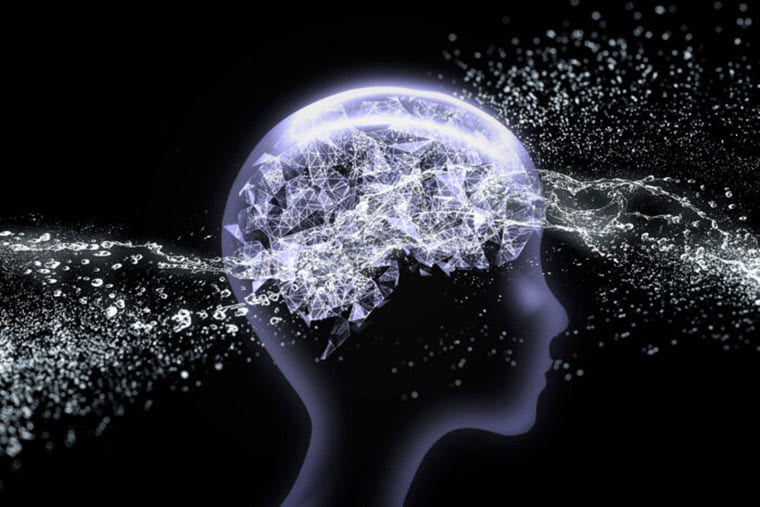Alzheimer’s, Parkinson’s and many other neurodegenerative diseases are marked by damaging clusters of proteins in the brain. Scientists have expended enormous effort searching for ways to treat such conditions by clearing these toxic clusters but have had limited success.
Now, researchers at Washington University School of Medicine in St. Louis have found an innovative way to improve waste clearance from the brain, and thereby possibly treat or even prevent neurodegenerative conditions. They showed that immune cells surrounding the brain influence how efficiently waste is swept out of the brain, and that such immune cells are impaired in old mice, and in people and mice with Alzheimer’s disease. Further, they found that treating old mice with an immune-stimulating compound rejuvenates immune cells and improves waste clearance from the brain.
The findings, published Nov. 9 in Nature, suggest a new approach to halting some of the effects of aging on the brain.
“Alzheimer’s has been studied for many years from the perspective of how neurons die, but there are other cells, such as immune cells on the periphery of the brain, that also may play a role in Alzheimer’s,” said senior author Jonathan Kipnis, PhD, the Alan A. and Edith L. Wolff Distinguished Professor of Pathology & Immunology and a BJC Investigator. “It doesn’t look likely that we will be able to revive dead or dying neurons, but the immune cells that sit on the borders of the brain are a feasible target for treating age-related brain diseases. They’re more accessible, and could be drugged or replaced. In this study, we treated aged mice with a molecule that can activate aged immune cells, and it worked in improving fluid flow and waste clearance from the brain. This holds promise as an approach to treating neurodegenerative diseases.”
